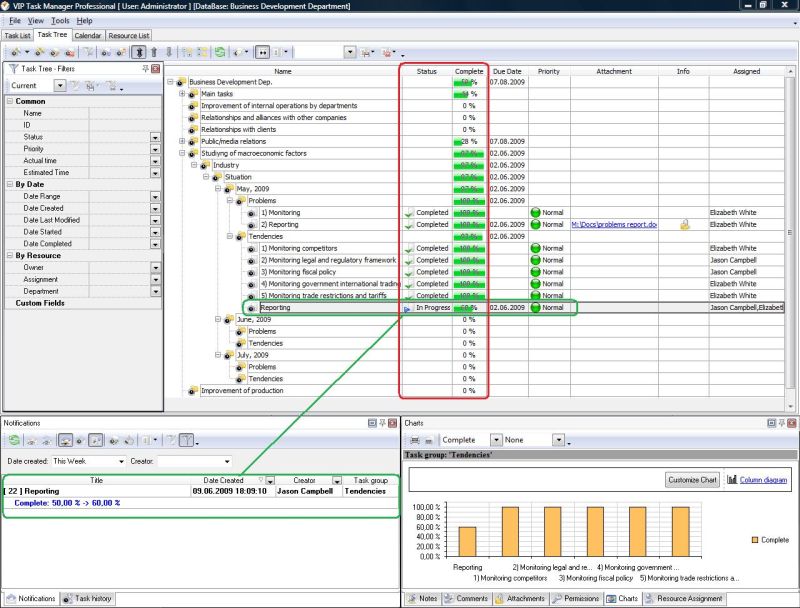
Our architecture takes inspiration from the work of Pourmirza et al. We propose a reference architecture to implement a blockchain-based process monitoring solution that addresses the aforementioned requirements. In light of this assessment, we identify five requirements that a blockchain-based process monitoring platform should meet. We analyze the what, why and how of business process monitoring, considering the benefits that the usage of blockchains can bring. To this end, after a brief summary about the needs concerning the business process monitoring and the main concepts at the core of blockchains, the paper provides the following three key contributions: In this prospective article, we pursue the objective of clarifying to what extent a blockchain can be beneficial for business process monitoring and which could be the critical issues to be faced. A comprehensive analysis of the aspects of blockchains that may favor or encumber process monitoring is, to the best of our knowledge, still missing.

Thus far, most of the attempts have focused on the generation of readily usable data for the application of existing process mining techniques and for the creation of networks highlighting the most common patterns to exchange information and assets among peers. However, research on the adoption of blockchains for business processes monitoring is still at its early stages. With a specific emphasis on business process monitoring, the blockchain is a promising aid as the status of the running process can be shared and trusted among the parties . Such a characteristic allows for the creation of more flexible and dynamic inter-relationships among the involved organizations.


Furthermore, blockchain-based systems do not require the existence of an authoritative third-party actor to control that the shared data have been properly communicated and stored. Toward this direction, the possibility offered by blockchain technologies and DLTs Footnote 1 to provide a shared, immutable, and transparent data storage makes them a valid technology to support such processes.

Nevertheless, they collaborate with other participants in the process to be competitive in the market. As a matter of fact, organizations involved in this kind of processes are independent and often do not trust each other. Inter-organizational business processes are the ideal setting in which Distributed Ledger Technologies (DLTs) in general, and blockchain technologies, in particular, can be adopted and exploited in their full potential .


 0 kommentar(er)
0 kommentar(er)
